Current Grant Recipients
Current Pilot Project Grant Recipients
2022-2024 Grant Recipients
MIST Scholar Award in Mucosal Immunity
Purpose: To encourage early stage scientists and/or clinicians to pursue careers in understanding immune defense mechanisms and immune regulation at mucosal surfaces, including respiratory, gastrointestinal and urogenital tract mucosa. A long-term goal of the Mucosal Immunology Studies Team (MIST) is to contribute to the knowledge base needed to facilitate future development of vaccines and immunotherapies to protect mucosal surfaces from infection and immune-mediated pathology. High emphasis was placed on proposed studies that intended to provide a more sophisticated understanding of mucosal immune defense mechanisms, explore novel hypotheses, or address difficult unsolved questions in mucosal immunity and that have the capacity to develop into independently supported projects.
| Title of Application | Applicant | Institution |
|---|---|---|
| Inhibition of lung macrophage phagocytosis by CFTR modulators | Christopher Parkhurst M.D., Ph.D. | Weill Cornell Medicine, Cornell University |
| Mapping Immune Activated Effector Programs Across the Human Mucosal Epithelium | Ryan Gaudet, Ph.D. | Columbia University |
| Modeling Celiac Disease through Patient-derived Organoids | Arnold S. Han, M.D., Ph.D. | Columbia University |
| Mucosal immune responses towards obesity promoting microbiota | Devesha Kulkarni, Ph.D. | Washington University in St. Louis |
| The Colon As a Memory Resevoir of Early Life Commensal Immune Encounters | Brigida Rusconi, Ph.D. | Washington University in St. Louis |
2018-2019 Grant Recipients
Impact of Gnotobiosis, Bacterial Metabolomics and Nutrition on Mucosal Immune Cells Pilot Projects
Purpose: To solicit applications for proposed research studies that advance our understanding of immune defense mechanisms and immune regulation at the mucosal surfaces in one of three major areas: a) understanding the impact of microbiota on mucosal immunity using gnotobiotic mice, b) investigating the effects of nutrition on mucosal immune responses, or c) examining how bacterial metabolites can impact mucosal defense mechanisms, including epithelial and immune mediated responses. Full or partial funds were distributed to the most meritorious applications.
| Title of Application | PI | Collaborators | Institutions |
|---|---|---|---|
| MIST impact of gnotobiosis, bacterial metabolomics, and nutrition on mucosal immune cells | Hultgren, Scott | Kau, Andrew; Earl, Ashlee | Washington University, Broad Institute of MIT and Harvard |
| Interactions between the microbiome and MAIT cells | Kronenberg, Mitch | Chu, Hiutung | La Jolla Institute for Allergy & Immunology; University of California at San Diego |
| Regulation of intestinal homeostasis by commensal microbial B cell superantigens | Bendelac, Albert | Fischbach, Michael | University of Chicago; Stanford University |
| Innate lymphoid cell- and microbiota- mediated regulation of food allergy | Artis, David | Sonnenberg | Weill Medical College of Cornell |
| A comparison between diet antigen- and commensal- induced Th17 cells | Cheroutre, Hilde | La Jolla Institute for Allergy & Immunology |
MIST Scholar Award in Mucosal Immunity
Purpose: To encourage early stage scientists and/or clinicians to pursue careers in understanding immune defense mechanisms and immune regulation at mucosal surfaces, including respiratory, gastrointestinal and urogenital tract mucosa. A long-term goal of the Mucosal Immunology Studies Team (MIST) is to contribute to the knowledge base needed to facilitate future development of vaccines and immunotherapies to protect mucosal surfaces from infection and immune-mediated pathology. High emphasis was placed on proposed studies that intended to provide a more sophisticated understanding of mucosal immune defense mechanisms, explore novel hypotheses, or address difficult unsolved questions in mucosal immunity and that have the capacity to develop into independently supported projects.
| Title of Application | Applicant | Institution |
|---|---|---|
| Characterization of sentinel goblet cells and their role as the second line of colonic defence | 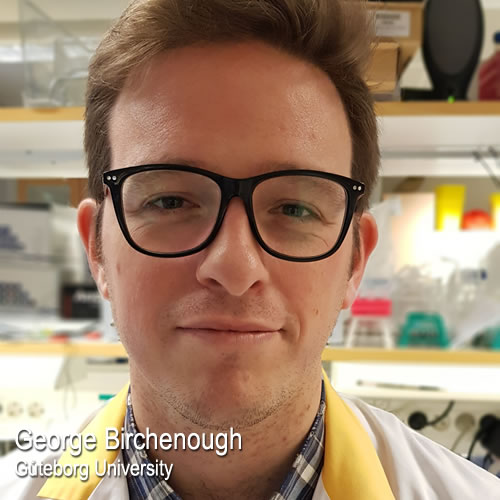 Birchenough, George |
University of Gothenburg (Sweden) |
| Metabolic control of innate lymphoid cell-mediated lung inflammation | Monticelli, Laurel | Weill Medical College of Cornell |
| Understanding the role of ClcA1 in mucosal immune defense and mucus secretion in the lung and gut | 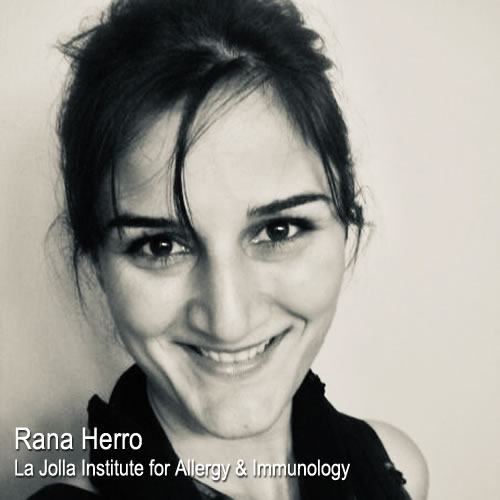 Herro, Rana |
La Jolla Institute for Allergy & Immunology |
| Defining the phenotype, specificity and transcriptional program of influenza virus infection induced mucosal B cell responses in humans | 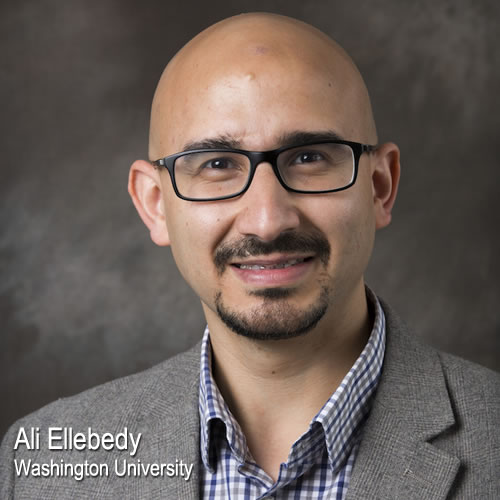 Ellebedy, Ali |
Washington University |
| Regulation of macrophage activity and colitis by the SMCR8-WDR41-C9ORF72 (SWC) complex | 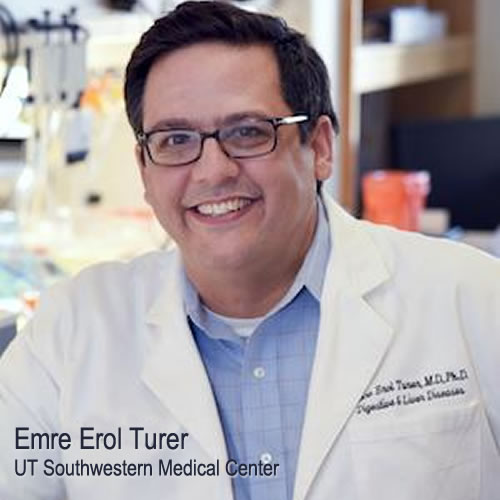 Turer, Emre Erol |
UT Southwestern Medical Center |
| Transmembrane mucins mediate host epithelium monitoring of gut microbiota | 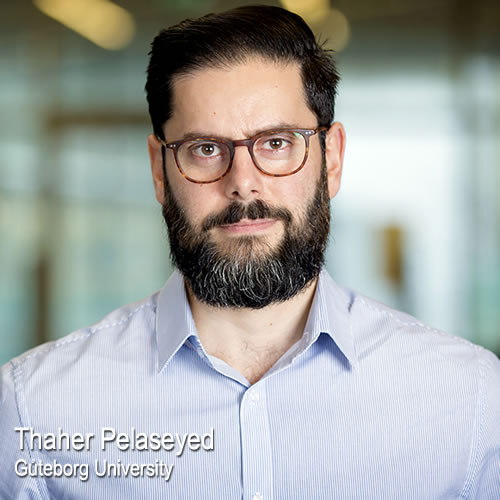 Pelaseyed, Thaher |
University of Gothenburg (Sweden) www.pelaseyedlab.org |
| Role of CCL28 in mucosal inflammation | Perez-Lopez, Araceli | University of California at San Diego |
| Btla Regulation of Germinal Center Responses in the Gut Mucosa | 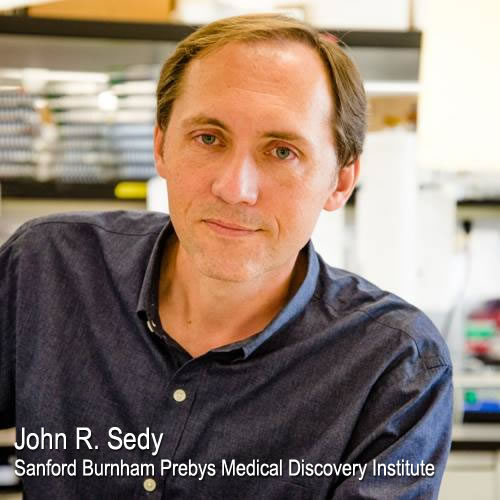 Sedy, John R |
Sanford Burnham Prebys Medical Discovery Institute Ware Laboratory |
| Maternally driven mucosal protection from sepsis in the neonatal intestine | 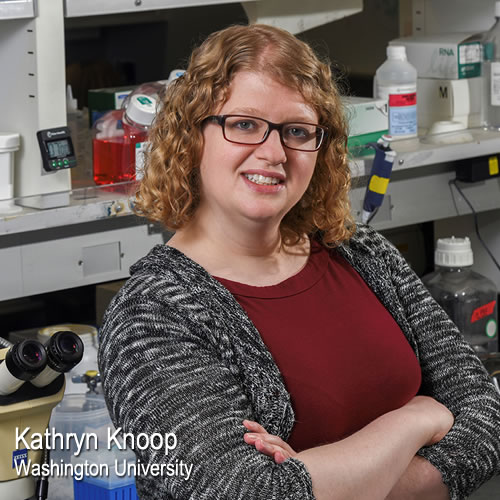 Knoop, Kathryn |
Washington University |
2017 Grant Recipients
Innovative Collaborations in Mucosal Immunology Pilot Projects
Purpose: To solicit applications for proposed research studies that break new ground in understanding of immune defense mechanisms and immune regulation at the mucosal surfaces, by promoting innovative collaborations among MIST investigators that either 1) foster interactions and scientific dialogue between MIST investigators or 2) bring in outside investigators that will enrich, and benefit the goals of, the MIST consortium. Full or partial funds were distributed to the most meritorious applications.
| Title of Application | Co-PI's | Institution |
|---|---|---|
| Role of the gut mucosal barrier in restricting the uropathogenic E. coli gastrointestinal reservoir | Hultgren, Scott | Washington University |
| Hansson, Gunnar | Göteborg University (Sweden) | |
| Interactions between ILC3 and mucosal CD4 T cells | Sonnenberg, Gregory | Weill Medical College of Cornell |
| Cheroutre, Hilde | La Jolla Institute For Allergy & Immunology | |
| TNF superfamily receptors control ILC2 responses | Kronenberg, Mitch | La Jolla Institute For Allergy & Immunology |
| Artis, David & Sonnenberg, Gregory | Weill Medical College of Cornell | |
| Mucus produced by Paneth cells, a role for crypt protection | Johansson, Malin & Hansson, Gunnar | Göteborg University (Sweden) |
| Bevins, Charles | University of California at Davis | |
| A role for RIP1K in mucosal T cells | Cheroutre, Hilde | La Jolla Institute For Allergy & Immunology |
| Kronenberg, Mitch | La Jolla Institute For Allergy & Immunology | |
| Structural basis of microbiota recognition by polyreactive intestinal IgA | Bendelac, Albert | University of Chicago |
| Adams, Erin | University of Chicago | |
| Activation of asthma by airway microfold cells | Shiloh, Michael | UT Southwestern Medical Center |
| Pasare, Chandrashekhar | UT Southwestern Medical Center | |
| Exposure to house dust mite accelerates lung cancer | Raz, Eyal | University of California at San Diego |
| Broide, David | University of California at San Diego |
Learn more:
Pilot Project Overview
Application Instructions
Past Grant Recipients
Frequently Asked Questions
Photo: Color enhanced histologic image showing intestinal tissue damage in a murine model of intestinal inflammation. Photo Credit: Artis and Sonnenberg laboratories, Weill Cornell Medical College.
